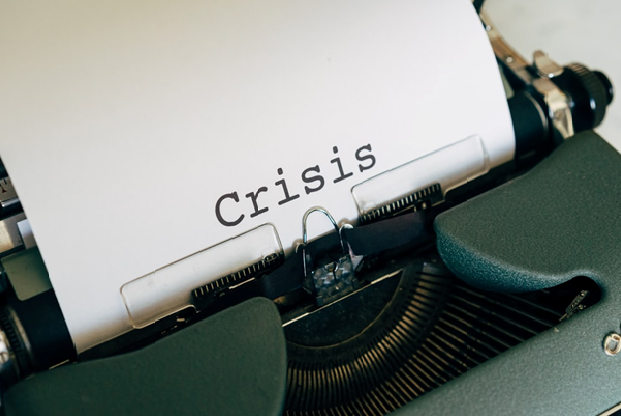How to improve crisis management skillsDid you know that nearly 80% of UK organisations experienced at least one crisis in the past five years, according to a 2019 Global Crisis Management Survey?
COVID 19 is a global crisis, the likes of which not many of us have witnessed before, and we may not witness again. However, corporate crisis situations are almost inevitable and a major impediment to business growth in the long-term, especially if not handled properly.
Imagine a major cyber security breach in an IT company. Not only does such a situation put important data at risk, but it also raises a question mark on the company’s credibility. If not handled timely and efficiently, the damage could possibly be irreparable.
Here, the presence of a risk management plan and the chemistry between C-suite executives, management, the board and the CEO determines how efficiently the management is able to walk out of a potentially devastating situation.
According to a survey by Osler, around 66.9% of respondents confirmed the presence of an official crisis management plan. In the same survey, around 79.3% also have confidence in their management team’s ability to navigate through a crisis. However, according to a 2018 survey by Deloitte UK, most of the 86% of UK organisations who expressed faith in their crisis management plans had not yet had a chance to test the theory.
Even if the situation does not warrant the board’s involvement, it affects the organisation as a whole, and thus, requires alignment among all leaders at different hierarchal levels. You need to be talking about crisis prevention in an organisation to have an active management plan for any possible disastrous situation a business may face.
Some of the threats, as highlighted by the survey report by Osler, are bad reputation, financial crisis, ethical issues and cyber security. According to the survey report by Osler, 75% of board members believe reputation management and crisis management planning are essential parts of their agenda. But besides planning, crisis leaders must focus on developing important crisis management skills to help you navigate through a crisis.
Agility
When facing a crisis, you need to make decisions quickly. You will have to assess a situation, get on your feet, and start thinking of solutions. As a leader, you will need to gather available information and use it to chart the best possible path for the future as quickly as possible. A delay of even a few days can increase the damage tenfold.
Communication
Communication skills are important for all aspects of life – be it personal or professional. A leader and an efficient crisis manager will listen, take in advice, give their two cents, and use all available information and suggestions when making decisions. They will make every stakeholder feel included in the decision-making process, and that is essential for the navigation of a vessel during stressful times.
Relationship Management
When a company is undergoing a crisis, there will be multiple aspects that a manager will have to consider and find solutions for. They will have to deal with suppliers or retailers connected to the business, especially when dealing with crisis situations that affect the demand and supply, such as product recall or natural disasters.
The manager will have to use relationship management skills to ensure no team or stakeholder is neglected or is waiting for a response. They should be able to deal with multiple problems, take matters into their own hands and issue instructions to ensure each team is working towards finding a solution to the crisis.





